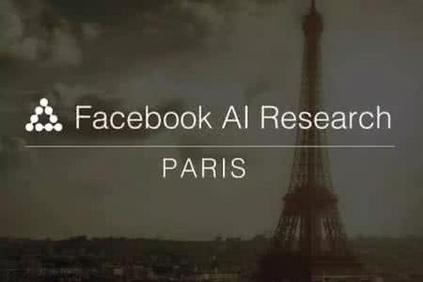The FAIR principles define a number of expected behaviours for the data and services ecosystem with the goal of improving the findability, accessibility, interoperability, and reusability of digital objects. A key aspiration of the principles is that they would lead to a scenario where autonomous computational agents are capable of performing a ``self-guided exploration of the global data ecosystem,'' and act properly with the encountered variety of types, formats, access mechanisms and protocols. The lack of support for some of these expected behaviours by current information infrastructures such as the internet and the World Wide Web motivated the emergence, in the last years, of initiatives such as the FAIR Digital Objects (FDOs) movement. This movement aims at an infrastructure where digital objects can be exposed and explored according to the FAIR principles. In this paper, we report the current status of the work towards an ontology-driven conceptual model for FAIR Digital Objects. The conceptual model covers aspects of digital objects that are relevant to the FAIR principles such as the distinction between metadata and the digital object it describes, the classification of digital objects in terms of both their informational value and their computational representation format, and the relation between different types of FAIR Digital Objects.
翻译:FAIR原则界定了数据和服务生态系统的若干预期行为,目的是改善数字物体的可发现性、可获取性、互操作性和可再使用性。原则的主要期望是,它们将导致自动计算器能够进行“自导”的全球数据生态系统探索,'并恰当地利用各种种类、格式、访问机制和协议,自主计算器对全球数据生态系统进行“自我指导”的探索。互联网和万维网等现有信息基础设施对其中一些预期行为缺乏支持,导致过去几年中出现了一些举措,如FAIR数字物体(FDOs)运动。这种移动的目的是建立一个基础设施,根据FAIR原则,数字物体可以暴露和探索。我们在本文件中报告工作的现状,以“自导”为主的FAIR数字物体概念模型。概念模型涵盖与FAIR原则相关的数字物体的各个方面,如元数据和所描述的数字物体之间的区别,数字物体的信息价值和计算格式的分类,以及不同类型数字物体之间的关系。




